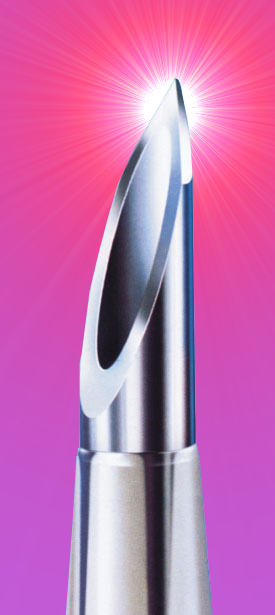Broad boost marked from big vax plan
 The HPV vaccine has been linked with a 61 per cent reduction in cases of genital warts among young Australian women.
The HPV vaccine has been linked with a 61 per cent reduction in cases of genital warts among young Australian women.
GPs in Australia are managing nearly two-thirds fewer cases of genital warts since the introduction of the national human papillomavirus (HPV) vaccination program, a study from the University of Sydney reveals.
Researchers reviewed more than one million patient encounters from 2000 to 2012, and showed a significant year-on-year reduction in the management rate of genital warts in women aged 15-27 years since the vaccination program started.
“The results show that the program has been a widespread success,” said lead author of the study Christopher Harrison of the University of Sydney.
The HPV vaccination program was introduced in 2007, and the rate of genital wart presentation fell dramatically from 4.33 per 1,000 encounters pre-program (2002-2006) to 1.67 per 1,000 encounters in the post-program period (2008-2012).
Australia has been a world-leader in providing the HPV vaccine for free to young women through a national immunisation program.
The vaccine protects against two major viral causes of genital warts (HPV 6 and 11) and two major viral causes of cervical cancer (HPV 16 and 18).
“For all other age-sex groups (who were not covered by the program) there was no significant change in the management rate of genital warts between the pre-program and post-program periods,” Dr Harrison said.
“There was also no significant decrease in other sexually transmitted infections over this period, which means that the decrease in genital warts was likely due to the vaccination program, not a change in the women's behaviour.
“The program has proved to be a great success and of huge benefit to the sexual health of Australia, and has clearly proven to be very worthwhile.”







 Print
Print